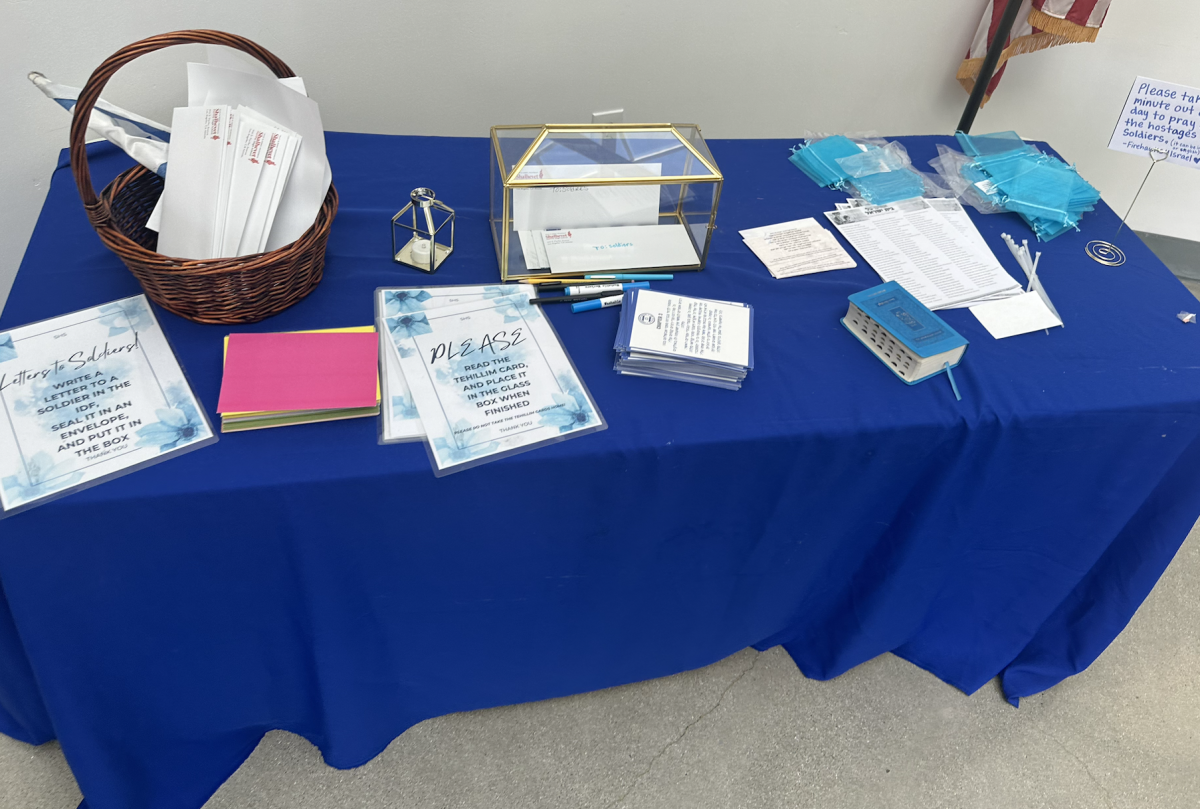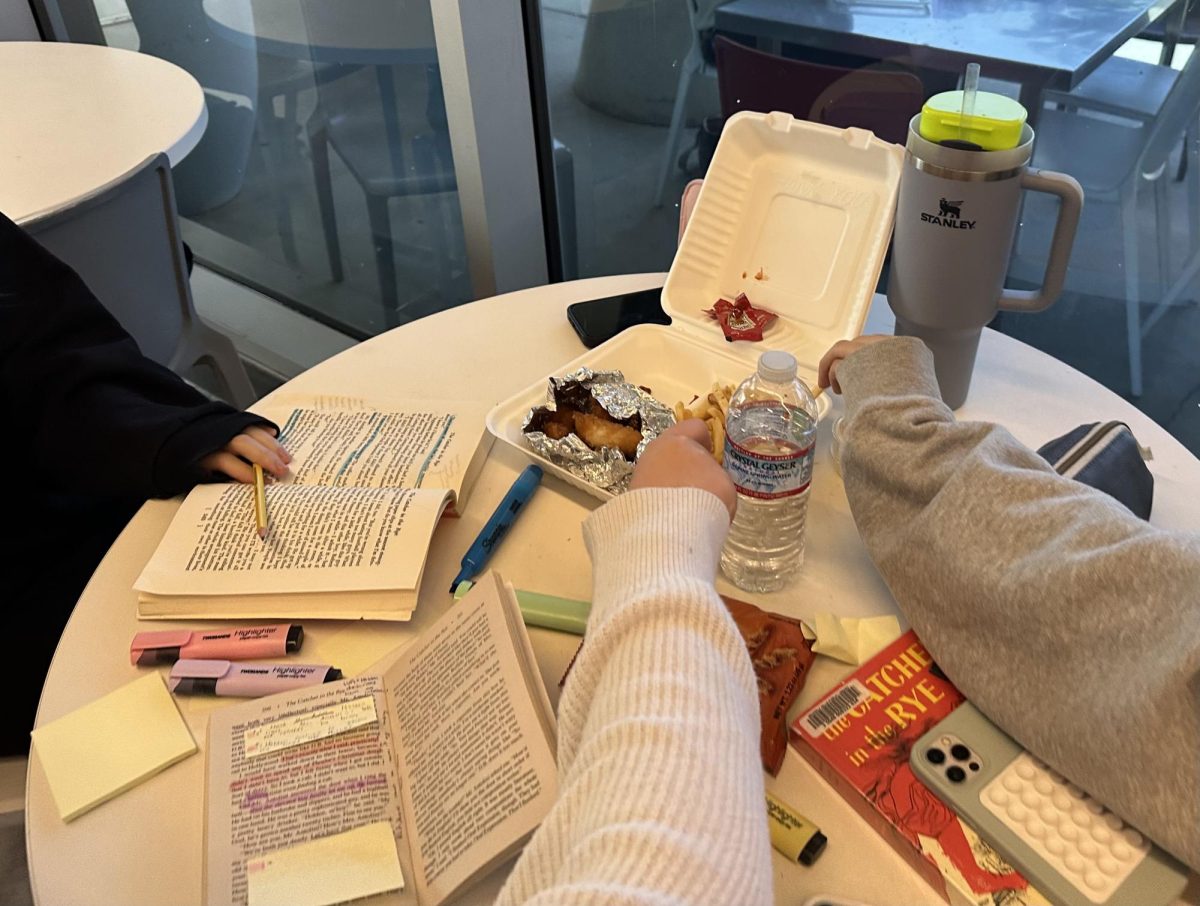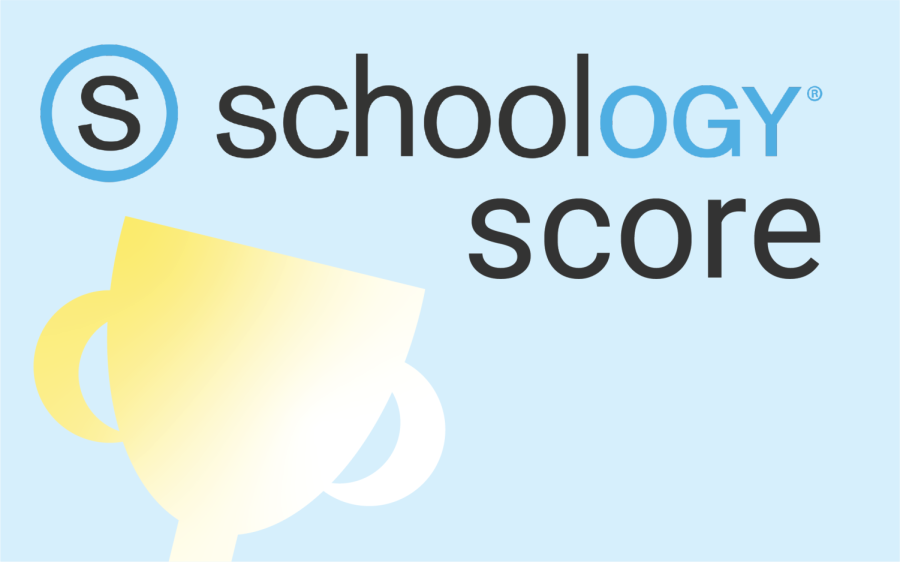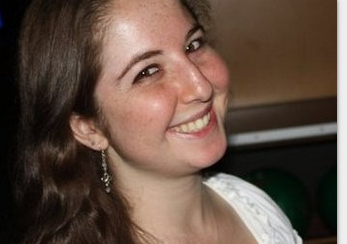The trend of reusable bowls is dying out, the Environmental Sustainability Committee has not held any events all year, and it seems like many ideas that have been brought up that turned into empty promises. Is Shalhevet still going green?
In a quiet way, it seems, the answer is yes. Over the last school year, the PTA has started Community Supported Agriculture, a program where families “subscribe” to receive a bag of fresh locally grown produce every week during farming season. Also, old computer parts that used to take up a whole storage room hidden in the annex building have been sent to recycling centers for electronic waste.
But it’s been less visible, leaving some to wonder whether “green” was just a short-term fad. Last year “going green” was so big that it was even the theme for Color War. During the 2008-09 school year, in addition to ‘Sustainable Dave’ Chameides being hired as Director of Sustainability, the Student Store started selling reusable camping bowls as a substitute for the cafeteria’s styrofoam, and Environmental Sustainability Committee ran two wheel-to-school days to get people out of their cars.
“We tried a lot of things this year,” said senior Emma Lipner, current co-chair of the ESC. She listed new recycling bins and eliminating styrofoam as two things that didn’t work, in one case a of lack of student participation and in the other, problems changing utensils in the kitchen. Emma also became involved, through her work with Dave, in sending medical supplies to Haiti, which preoccupied them both for a while.
But the committee is not finished yet.
“Something you can look forward to at the end of the year is cleaning out your lockers,” Emma said. “We will have big boxes for old locker shelves, binders, paper you would throw away. Everyone will be able to take what they want, and whatever’s left will get recycled.”
And on Sunday June 27, Shalhevet will be serving as an “e-waste center” for old computer parts and other electronic refuse. The city usually holds recycling events for electronic waste on Saturdays, but the whole community can participate in this one.
Two years ago, the ESC installed recycle bins for cans and bottles, and there was a “small ecology club of kids and teachers who planned a couple of awareness events,” said General Studies Principal Mr. Phu Tranchi. Last year, Sustainable Dave brought paper recycling to the school along with the Shalhevet metal water bottles.
When Dave was hired in December 2008, he brought many eco-friendly ideas with him. He wanted to get solar panels installed on the school roof, but was soon informed that that would not be possible with the condition the roof of the school was in.
“Overall I’m very happy with what we’ve accomplished,” Dave told The Boiling Point in an interview. “I’m very happy to see that there are a lot more people using reusable bottles than when I came here…. I hope that there’s been a greater awareness of things green just by me being here.”
Another of his original suggestions, bottle-compatible water fountains, was achieved this past October. But a full ban on plastic bottles has so far been elusive.
“It needs a student leader to take it up as a cause and then I can help support it, but without student backing it won’t happen,” Dave said, adding, “I would also love to get the styrofoam out of the kitchen.”
Other hoped-for projects include starting a “recycle room” — a room dedicated to recycling all different types of materials. Ideally, Dave, explained, one volunteer student would be in charge of each category, such as ink cartridges or old shoes, and taking them to their respective recycling centers.
A major improvement that he said would start soon is replacing all the school’s light bulbs with energy-efficient varieties. This will save Shalhevet $12,000 a year and $180,000 over 10 years, according to Dave.
Mr. Tranchi agreed that the administration’s effort was only part of what was needed.
“There are a lot of schools that have really gone the extra mile, in terms of being sustainable,” said Mr. Tranchi, who wants to replace the plastic utensils in the kitchen with potato-based, compostable ones.
“We can push as much as possible, but it can’t just be a handful of people,” he continued. “People really need to take to it. Being green definitely can be inconvenient, but it’s worth it. Those of us who feel passionately about it — there’s only so much influence we can do. People need to wake up.”







